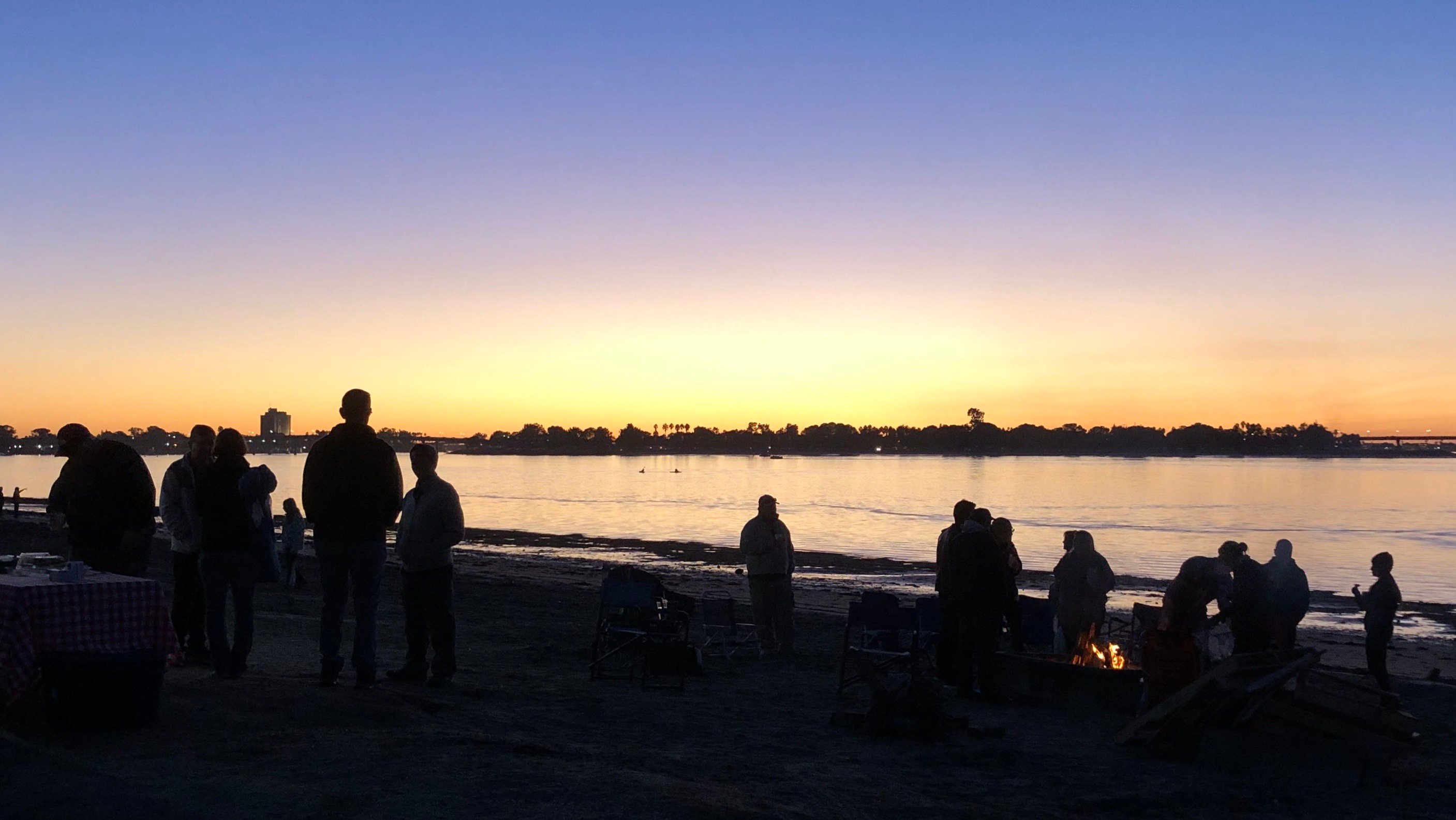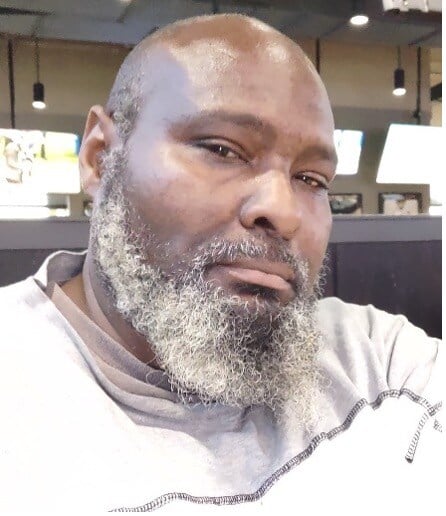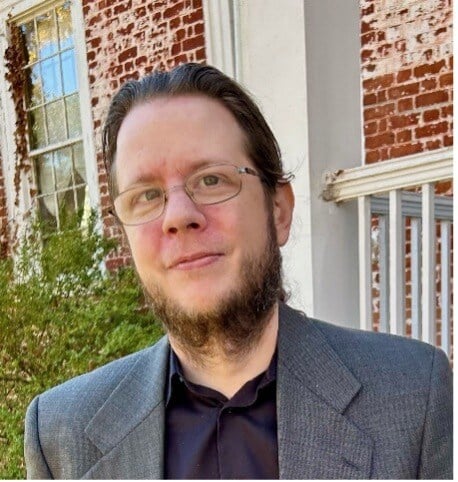
As far as Amanda Clearwater is concerned, we’re all like onions. If we want to grow and evolve as humans, we need to be willing to peel back the layers over the course of our lives. For Amanda, this has meant being open to change and personal growth in all kinds of ways, starting with embracing a move across the country as a young woman.
Amanda grew up in Florida as an only child with a dad struggling with alcohol use disorder. She planned a celebratory trip after college graduation to the desert Southwest and absolutely fell in love with the region. She packed up in a matter of months and moved to New Mexico. Adventure and new experiences met her, and soon it was time to peel back a layer.
Amanda knew she was engaging in various compulsive and unsafe sexual behaviors and it was becoming problematic. Along with these behaviors, Amanda says she was also abusing substances and ended up getting arrested for driving under the influence. She knew she was putting her health, career, and child in jeopardy. She found a book about women and sex addiction and connected with a mutual support group in Albuquerque. Her recovery journey began.
As Amanda addressed her behaviors, she sensed another layer emerging. She had been working on the program/administrative side of human services, but now felt drawn toward direct client interaction. She decided to go back to school and earned her Master’s degree in Addiction Counseling in 2014. She is now a state-licensed alcohol and drug counselor and a Nationally Certified Tobacco Cessation Specialist. For the past year, she has been the Principal Substance Abuse Counselor at the Navajo Regional Behavioral Health Center in Shiprock, New Mexico.
In her role as a counselor, Amanda decided she wanted to expand the kind of help she was able to provide and started doing some research. That was when she found SMART Recovery. “I wanted to bring in something interactive, and SMART provided simple, straightforward tools I started to share in my groups.” For Amanda, it was especially important that SMART was able to “[offer] clients a set of resources they can access on their own—the exact same access as I would have [as a counselor].” Another important feature was the fact that SMART tools can be used for working on a variety of behaviors, not just substance misuse. Eventually this feature became even more prominent when Amanda decided to start a second SMART group for the staff at the Center.
The counseling staff had all gone through SMART training, but were not currently using it with clients. So Amanda got approval to start an internal meeting where staff worked on their own life concerns and challenges. Amanda herself is actively working on recovery from sugar and unhealthy foods. She credits SMART as helping her feel more motivated and encouraged, and thinking more clearly.
Ultimately, Amanda believes that people who want to evolve must take action. “Go see for yourself and attend some meetings. See what’s working and not working.” Amanda personifies the positive results that occur from doing just that.




